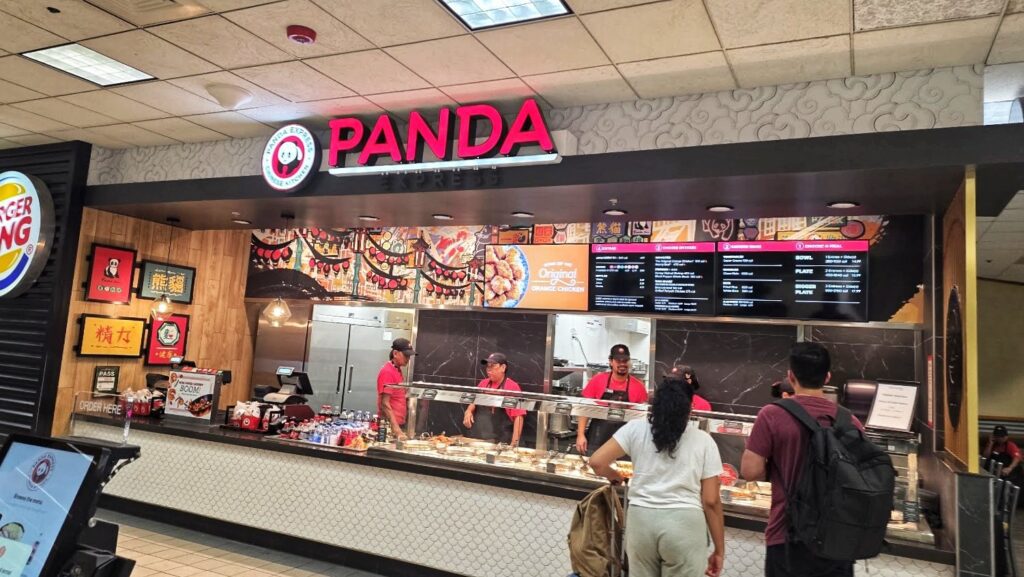Hawaii’s new $16 minimum wage, effective January 1, is the largest wage increase in years but isn’t expected to alleviate high living costs for workers. While tourism authorities claim this change won’t impact tourists, evidence suggests otherwise, with many hotels planning price hikes of 8% to 12% by 2026 to cover increased labor costs. Everyday items, from breakfast to hotel rates, are becoming more expensive.
Despite the wage increase, workers are struggling to make ends meet. For instance, a full-time worker’s gross earnings might be around $2,773 monthly, barely enough to cover average rent in areas like Waikiki. Consequently, many residents are resorting to shared living arrangements just to survive.
Business owners face a dilemma: they want to pay their staff fairly but must raise prices to stay afloat, often resulting in customers feeling the pinch. This dynamic contributes to longer wait times and diminished services for visitors.
Moreover, the ripple effects of wage pressures extend to airlines and other sectors, pushing up operational costs and ticket prices.
Overall, the wage increase is seen as politically advantageous but fails to address deeper issues, such as housing affordability and high living expenses. Economists suggest adults in Honolulu actually need at least $25 an hour to cover basic costs, rendering the $16 minimum as insufficient.
Hawaii’s efforts to maintain its paradise image clash with the harsh realities faced by its residents, raising concerns about the sustainability of both the local workforce and the tourism economy. The situation challenges everyone—locals and visitors alike—to consider what must change for Hawaii to be fair and viable for those who call it home.
Source link


